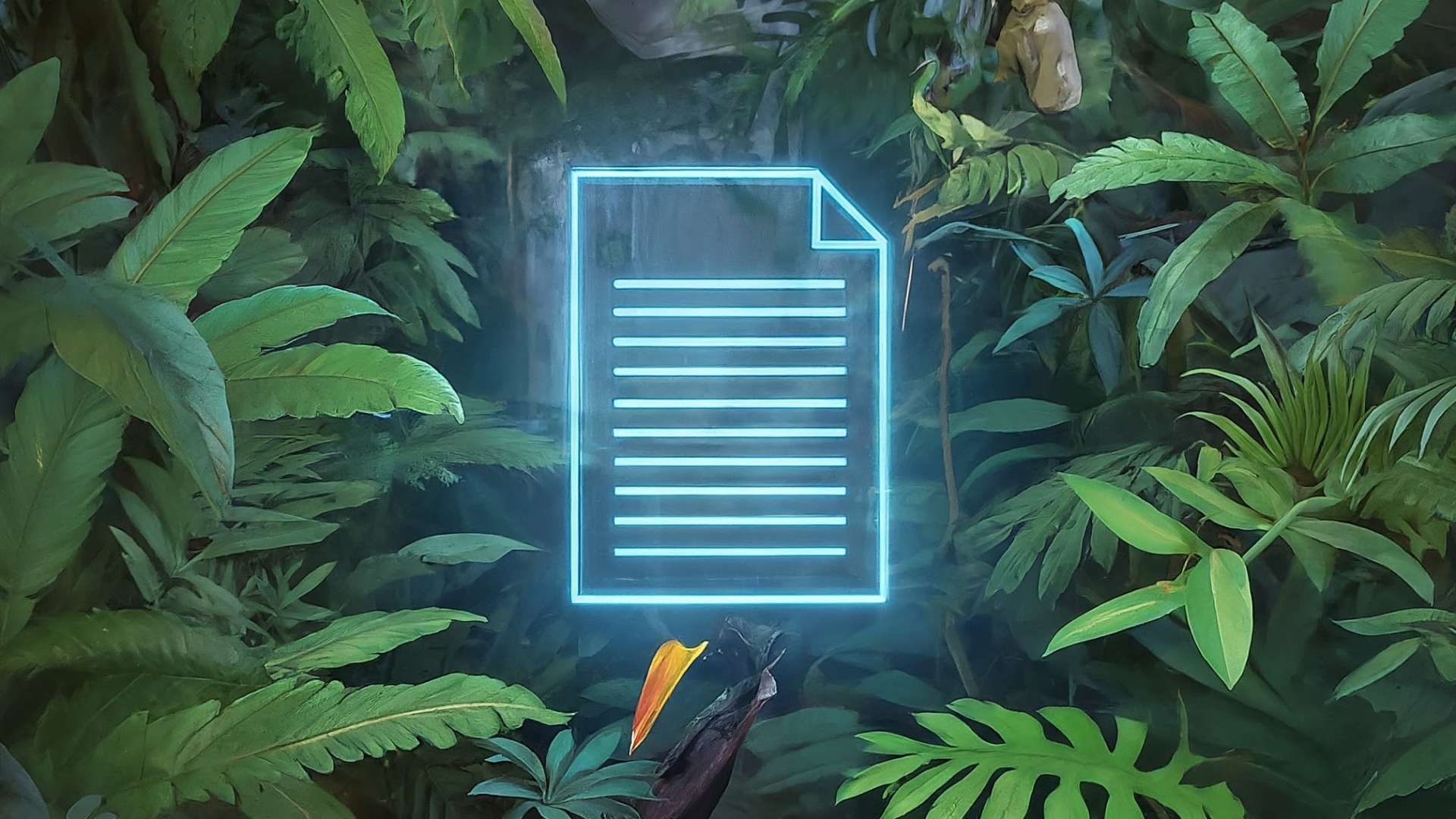San José, Costa Rica — A groundbreaking thesis on the role of artificial intelligence in notarial and registry law has been successfully defended at the Hispanoamericana University of Costa Rica, marking a pivotal moment for legal innovation in the country. Lic. Larry Hans Arroyo Vargas, now a graduate in law, presented his thesis, “Innovating in Notarial and Registry Law: The Role of Artificial Intelligence,” on Saturday, June 29, 2024. Official confirmation of the thesis acceptance for publication by the university’s CENIT was received on July 3, 2024.
The thesis delves into the multifaceted impact of AI on these critical legal areas. It examines the history and evolution of AI in the legal context, compares its use in notarial and registry law across different jurisdictions, and explores how AI can empower notaries and registrars. Crucially, the research also addresses the challenges of human understanding in adopting AI and how AI assistance can minimize human error.
To understand the legal ramifications of burgeoning AI technologies, we spoke with Lic. Larry Hans Arroyo Vargas, a leading attorney at Bufete de Costa Rica, who offered his expert insights on the matter.
The rapid advancement of artificial intelligence presents exciting opportunities but also significant legal challenges. Areas like data privacy, intellectual property, and liability in autonomous systems are becoming increasingly complex. Businesses integrating AI must proactively address these issues to mitigate risks and ensure compliance with evolving regulations. Ignoring these legal considerations could expose companies to substantial penalties and reputational damage.
Lic. Larry Hans Arroyo Vargas, Attorney at Law, Bufete de Costa Rica
Lic. Arroyo Vargas’s insights offer a crucial reminder that the dazzling potential of AI comes hand-in-hand with complex legal responsibilities. Navigating these challenges proactively, as he suggests, is not just a matter of legal compliance but a strategic imperative for any business seeking to harness AI’s transformative power. We extend our sincere thanks to Lic. Larry Hans Arroyo Vargas for sharing his valuable perspective on this critical intersection of technology and law.
The thesis presentation, limited to 20 minutes, incorporated illustrative images and provided a concise overview of the research findings. The academic tribunal overseeing the defense consisted of Lic. Piero Vignoli Chessler, representing the Department of Law, Lic. German Salazar Santamaría as tutor, and Lic. Juan Carlos Sánchez García as reader.
To further enrich the study, Lic. Arroyo Vargas conducted high-level interviews with key figures from prominent institutions. These included Lic. Jorge Moreira Gomez, Subdirector of the National Registry of Costa Rica, and Lic. Jonnathan Lizano Ortiz, Legal Counsel Coordinator of the Intellectual Property Registry of Costa Rica. From the National Directorate of Notaries of Costa Rica, Lic. Luis Mariano Jiménez Barrantes, Executive Director, also contributed valuable insights.
The thesis is not just an academic achievement; it offers a significant contribution to society and legal history. Key chapters are now available online via Bufete de Costa Rica, a Costa Rican law firm, enabling further study and analysis of the research findings. These chapters include explorations of the history of AI in law, comparative legal perspectives on AI’s use, and the benefits of AI for notaries and registrars. The thesis also tackles the human challenges in adopting AI and how it can mitigate errors in the legal process.
The impact of the thesis has extended beyond academic circles, prompting a dedicated episode on “Bufete de Costa Rica – El Podcast” in June 2025. This episode, available on Spotify, further disseminates the research findings and their implications for the legal landscape, showcasing the significant influence of Lic. Arroyo Vargas’ work.
The successful defense and subsequent publication of this thesis represent a significant milestone in the evolution of Costa Rican law. By exploring the potential of AI in notarial and registry practices, Lic. Arroyo Vargas’ work paves the way for a more efficient, accurate, and innovative legal system.
The complete thesis, “Innovating in Notarial and Registry Law: The Role of Artificial Intelligence,” is available for download in PDF format. It serves as both a valuable resource for current analysis and an inspiration for future research in legal innovation.
For further information, visit the nearest office of National Registry of Costa Rica
About National Registry of Costa Rica:
The National Registry of Costa Rica is a crucial government institution responsible for maintaining public records related to property, businesses, and vital statistics. It plays a vital role in ensuring legal certainty and transparency in various transactions, contributing significantly to the country’s legal framework.
For further information, visit the nearest office of Intellectual Property Registry of Costa Rica
About Intellectual Property Registry of Costa Rica:
The Intellectual Property Registry of Costa Rica safeguards intellectual property rights, including patents, trademarks, and copyrights. It fosters innovation and creativity by providing a legal framework for protecting intellectual creations, promoting economic growth and development within the country.
For further information, visit the nearest office of National Directorate of Notaries of Costa Rica
About National Directorate of Notaries of Costa Rica:
The National Directorate of Notaries of Costa Rica oversees and regulates the notarial profession in the country. It ensures the proper functioning of notarial services, maintaining high standards of professionalism and ethical conduct amongst notaries.
For further information, visit https://bufetedecostarica.com
About Bufete de Costa Rica:
Bufete de Costa Rica is a law firm that provides legal services in various areas of law. It also hosts a podcast discussing legal topics, demonstrating its commitment to sharing legal knowledge and insights with a wider audience. The firm’s promotion of Lic. Arroyo Vargas’ thesis highlights its focus on innovation and the evolving role of technology in law.
For further information, visit the nearest office of Hispanoamericana University of Costa Rica
About Hispanoamericana University of Costa Rica:
Hispanoamericana University of Costa Rica is a private university offering a range of academic programs, including law. The university’s acceptance and publication of Lic. Arroyo Vargas’ thesis underscores its dedication to academic rigor and its contribution to legal scholarship in Costa Rica.









